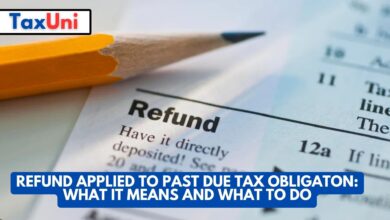What is a Sole Proprietorship?
A sole proprietorship is the simplest and most common form of business entity, often used by small businesses, freelancers, and self-employed individuals. In this article, we will discuss the advantages and disadvantages of a sole proprietorship.

A sole proprietorship is a business entity in which an individual owns and operates the business independently. This means there is no legal distinction between the business and the owner, making the owner fully responsible for all aspects of the business, including its profits and losses, debts, and legal obligations. Sole proprietorships are the simplest and most common form of business ownership, often used by small businesses and freelancers.
In a sole proprietorship, the owner has complete control over the business and is responsible for making all decisions related to its operations. They are also responsible for obtaining necessary licenses and permits, managing finances and taxes, and handling legal issues. Sole proprietors have the flexibility to make decisions quickly and can change the direction of their business at any time. However, this also means they bear all the risk and liability associated with the business.

Advantages of Sole Proprietorships
- One of the biggest advantages of a sole proprietorship is that it is easy and inexpensive to set up. There are no legal or formal requirements for registering the business, and the owner has complete control over the business.
- As a sole proprietor, you only need to file a personal tax return, which makes the tax process much simpler than other business structures. Additionally, any losses incurred by the business can be deducted from the owner’s income, reducing their overall tax liability.
- A sole proprietor has complete control over the business and can make all decisions related to the business without any interference from other owners or shareholders.
- A sole proprietorship is very flexible and can be changed or dissolved easily, making it an ideal choice for businesses with fluctuating income or changing circumstances.
Disadvantages of Sole Proprietorships
- The biggest disadvantage of a sole proprietorship is that the owner is personally liable for all debts and obligations incurred by the business. This means the owner’s personal assets, such as their house or car, can be seized to pay business debts.
- A sole proprietorship may find it difficult to secure funding from banks or investors, as they do not have the same legal structure and protections as corporations or LLCs.
- A sole proprietorship may have limited growth potential, as the owner is responsible for all aspects of the business and may not have the resources or expertise to grow the business beyond a certain point.
- A sole proprietorship does not have continuity beyond the owner’s lifetime or involvement in the business. If the owner dies or cannot manage the business, the business may have to be dissolved or sold.





